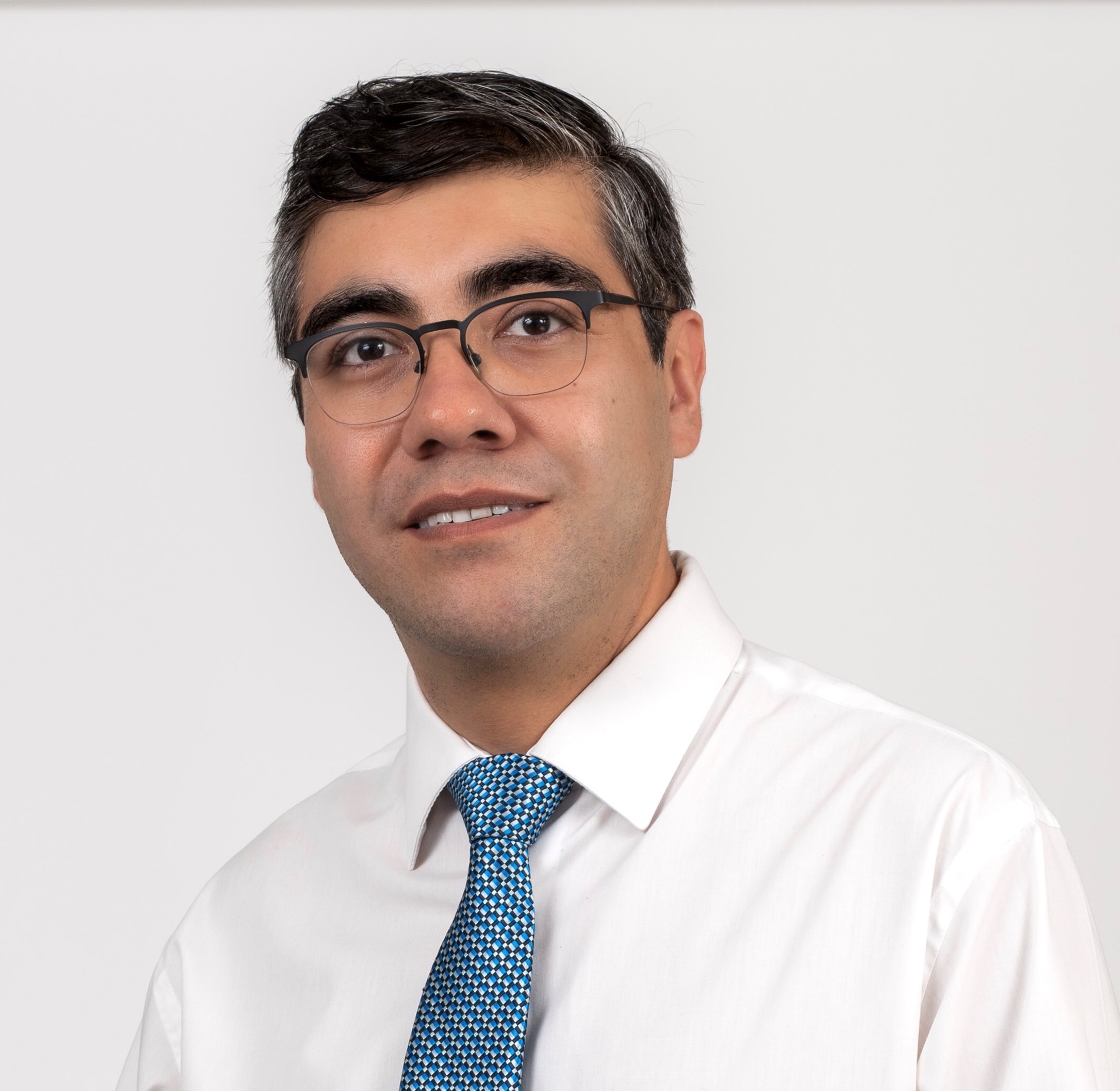Meet the Associate | Fernando Valenzuela, MD
He founded and serves as medical director of the Centro Internacional de Estudios Clínicos (CIEC). He recently cochaired an IEC symposium, Pathophysiology, Diagnosis and Treatment of Atopic Comorbidities in AD Patients, with IEC Director Valeria Aoki, MD PhD. The symposium was held live in Brazil as part of Reunión Anual de Dermatólogos Latinoamericanos (RADLA; Annual Meeting of Latin American Dermatologists). Dr. Valenzuela’s special interests are immunodermatology, psoriasis, atopic dermatitis, and autoimmune blistering diseases. He is very active in congresses and clinical trials. He has published more than 30 international papers, a students’ book in dermatology, four chapters in national books, and is the lead author of the Chilean clinical guidelines for the management of psoriasis. He was the RADLA president in 2022. What is your proudest accomplishment in the atopic dermatitis (AD) space to date?When I first thought of this question, a meeting or a publication came to mind, but actually, my greatest accomplishment here is when I see the face of one of my patients, at peace after a long itch, discomfort a shame journey, while they start treatment for AD. Seeing them again with hope and confidence is priceless and all the efforts we do every day are committed to this. What do you value most about being involved with the IEC?We can share the experience, knowledge, and insights of leading researchers and clinicians in every corner, at a conference, online, speaking at a meeting, and even providing a network for research or fellowship. Education is the key, and the purpose of IEC is to disseminate information in the field of AD in an active and generous manner. Based on your experience, what do you think will garner the most attention over the coming year in atopic dermatitis research or care?Personalized medicine is the next frontier. Biomarkers, comorbidities, patient´s preferences—we are facing exciting days in the AD arena. What do you see as the biggest need among patients who have atopic dermatitis?The greatest need among AD patients is to know that we have new tools, to understand that we are figuring out how to treat them better, and to share this information with their families and groups, but also with the primary care system, other specialists, and health professionals. An incredible number of patients and even our colleagues are unaware of the huge strides we are making in terms of a better understanding of AD and its treatment, so they live in the shadows. |

 Dr. Valenzuela is an associate professor of dermatology and head of the Department of Dermatology at the University of Chile in Santiago, Chile; in charge of hospitalized patients with skin conditions in Hospital Clínico University of Chile; and teaches medical students and residents about psoriasis and other papulosquamous disorders.
Dr. Valenzuela is an associate professor of dermatology and head of the Department of Dermatology at the University of Chile in Santiago, Chile; in charge of hospitalized patients with skin conditions in Hospital Clínico University of Chile; and teaches medical students and residents about psoriasis and other papulosquamous disorders.